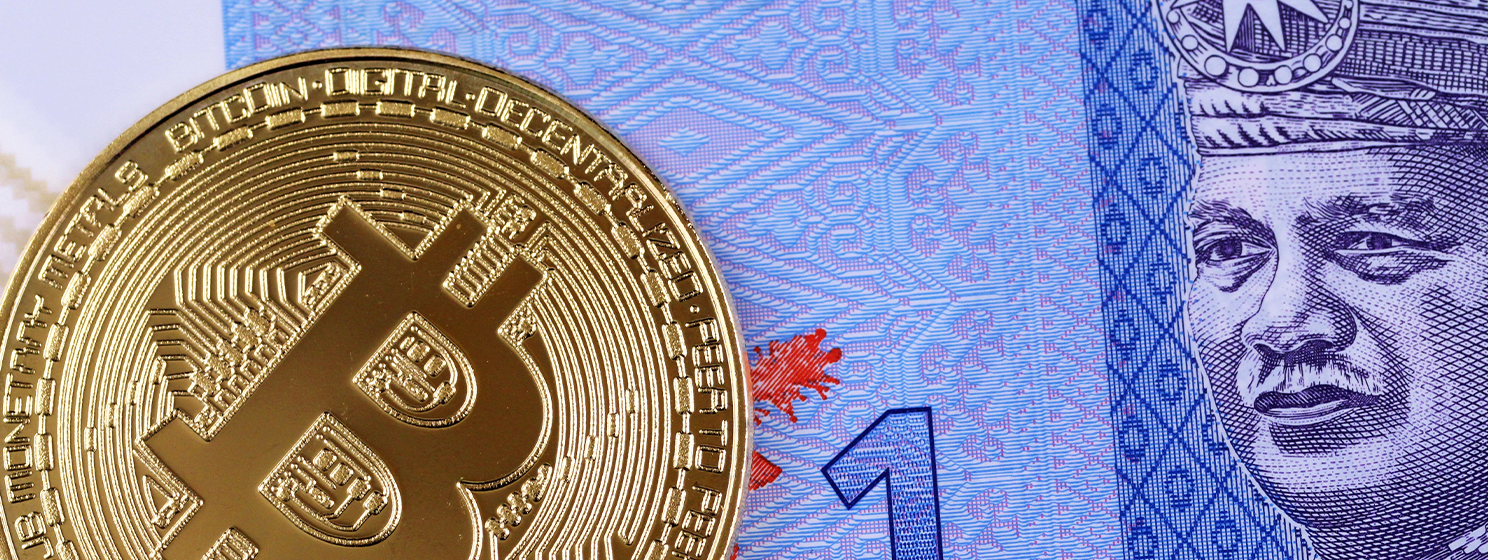|
Getting your Trinity Audio player ready...
|
Vietnam has officially legalized digital assets after the National Assembly of Vietnam, the country’s legislature, overwhelmingly approved the Law on Digital Technology Industry on June 14, with 441 of 445 lawmakers voting in favor of the bill.
The legislation defines digital assets as “digital technology products created, issued, transferred, and authenticated using blockchain technology, with prices and property rights in accordance with civil and relevant laws.”
This definition includes security tokens/encrypted securities assets, payment tokens, utility tokens, and mixed tokens—all of which are now regulated and provided with clear property rights, per the law.
When it comes into force on January 1, 2026, the legislation will also bring incentives for digital technology development, particularly semiconductor manufacturing, artificial intelligence (AI), and digital technology startups.
Outside of incentives, the law mandates the implementation of measures to ensure network safety and security to “prevent and combat money laundering, terrorist financing, and financing the proliferation of weapons of mass destruction.”
This is likely an attempt to get Vietnam off the Financial Action Task Force (FATF) “grey list” for “jurisdiction under increased monitoring,” which it has been on since June 2023.
Vietnam has seen digital asset adoption skyrocket in recent years despite the legal uncertainties prior to the law’s passage, with blockchain analysis firm Chainalysis ranking the country fifth globally for digital asset adoption in 2024.
In March, local media reported that Prime Minister Pham Minh Chinh had directed the Ministry of Finance and the State Bank of Vietnam to finalize digital asset regulation proposals by the end of the month in a bid to reach a national growth target of 8% by year-end.
The regulation took a couple more months than hoped, but now the country has a dedicated digital asset law, it’s a case of better late than never. The next stage will involve the government outlining specific business conditions, classifications, and oversight mechanisms for the asset types defined in the regulation.
Categorizing digital assetsOne of the key features of the new legislation is the creation of three main categories of digital assets, based on the technology used and purpose of use, namely: virtual assets that can be used for exchange or investment purposes; crypto assets that use encryption technology to authenticate assets during creation, issuance, storage, and transfer; and other digital assets.
According to the law, virtual and crypto assets do not include “securities, digital forms of legal currency, and other financial assets as prescribed by civil and financial laws”—meaning these products would either fall under the category of ‘other digital assets’ or fall outside the remit of the Digital Technology Law.
AI provisions
While encouraging innovation and development in AI, certain activities are strictly prohibited by the new law.
Specifically, an AI system that deploys techniques for the purpose of “influencing the behavior of an individual without the individual being aware of it” or using said techniques to “entice or deceive to materially distort the individual’s behavior by impairing the ability to make decisions resulting in significant harm.”
It is also illegal to deploy or develop an AI system used to evaluate or classify individuals based on social behavior or systems that exploit people who are vulnerable due to age, disability, economic or social circumstances.
Vietnam’s tech hub ambitions
The new legislation is a signal of Vietnam’s ambition to become a digital tech hub, and it sets an ambitious target of 150,000 digital technology enterprises by 2035, according to local media.
In order to achieve this, the law lays the groundwork for providing preferential treatment for digital technology companies when it comes to land, credit, and tax, as well as incentives for research, testing, development, production, and application of digital technology products and services.
For example, companies developing semiconductors, AI systems, and digital infrastructure can receive corporate income tax rates as low as 10% for 15 years, along with exemptions from import duties and land rental fees.
In a range of other incentives, the salaries and wages of experts, scientists, and people with special talents working on projects are also exempt from personal income tax for a period of five years, while large-scale projects investing over $80 million in data centers or $160 million in semiconductor facilities are eligible for additional “special” incentives.
Watch | From BRICS to Blockchain: How Global Trade and Digital Currencies Are Evolving

 02-21-2026
02-21-2026 




